When Reverend Henry Townsend published Iwe Irohin in Abeokuta on November 23, 1859, his goal was to promote literacy among the Yoruba people. The newspaper, first printed in Yoruba and later in English, laid the foundation for what would become a resilient but embattled Nigerian press. One hundred and sixty-six years later, the press still fights for survival, truth, and freedom, now against digital repression, economic hardship, and routine intimidation.
From colonial censorship to military decrees and modern cyber laws, journalism in Nigeria has endured a long and painful journey. Yet, the struggle for press freedom remains as urgent as ever.
A Constitutional Duty and a Daily Risk
Section 22 of Nigeria’s 1999 Constitution mandates the media to hold government accountable, while Article 19 of the Universal Declaration of Human Rights upholds the right to “seek, receive and impart information.” In practice, however, journalists still face arrests, threats, and violence for fulfilling these very duties.
Recent attacks highlight the worsening climate. During the #FreeNnamdiKanuNow protest, journalists were assaulted as police fired tear gas at their vehicle. Others, from The Punch’s Olatunji Adebayo to NTA’s Ladi Bala, have been beaten, detained, or publicly harassed while covering events. Investigative reporter Fisayo Soyombo was arrested in Port Harcourt and detained by the army while probing oil bunkering.
The State as a Major Perpetrator
A new report by Media Rights Agenda (MRA) paints a grim picture: government officials are responsible for nearly 74 percent of attacks on journalists, with the police alone accounting for almost half. Titled When Protectors Become Predators, the report documents 69 incidents between January and October 2025, including abductions, assaults, and arbitrary detentions.
Ayode Longe, MRA’s Deputy Executive Director, said journalists are “under siege”, not from criminals, but from the very institutions meant to protect them. He described the pattern as a “direct assault on democracy and the rule of law.”
The organisation urged the Federal Government to end impunity for such crimes, reform security agencies, and pass laws that criminalise attacks on journalists.
A Legacy Written in Blood
Nigeria’s press history is also marked by tragedy. From Daily Times’ Edward Olalekan in 1999 to Channels TV’s Precious Owolabi in 2019, many journalists have died in the line of duty. The assassinations of Dele Giwa in 1986, Bayo Ohu in 2009, and others remain unresolved, each a symbol of how dangerous journalism can be in a democracy.
From Colonial Defiance to Military Repression
The press once served as a weapon of liberation against colonial rule. Papers like Herbert Macaulay’s Lagos Daily News (1925), Nnamdi Azikiwe’s West African Pilot (1937), and Obafemi Awolowo’s Nigerian Tribune (1949) championed independence and national consciousness.
But after independence, and especially under military regimes, journalists became targets of state repression. The infamous Decree 4 of 1984 under General Buhari criminalised “false reporting,” leading to the imprisonment of The Guardian’s Tunde Thompson and Nduka Irabor. During General Abacha’s dictatorship, journalists were tortured, exiled, or forced underground, yet their resilience kept the flame of press freedom alive.
Digital Censorship: The Cybercrime Act Trap
Today’s threat is less physical but equally chilling. The Cybercrime (Prohibition, Prevention, etc.) Act of 2015, meant to protect national infrastructure, is now used to silence critics under vague “cyberstalking” provisions. Despite amendments in 2024, law enforcement agencies continue to misuse it to arrest journalists and activists.
The Nigerian Guild of Editors (NGE) has condemned this abuse, warning that it undermines democracy. In a communiqué, NGE President Eze Anaba declared: “We will use all legal means to protect the fundamental rights of journalists and ensure freedom of expression.”
The Guild called for a full review of the Act and urged aggrieved parties to use the Nigerian Press Organisation’s Ombudsman instead of weaponising security forces.
Media Economics in Crisis
Beyond repression, the Nigerian media is battling economic collapse. Inflation, weak advertising revenue, and high production costs have crippled many outlets. The shift to digital platforms has further eroded traditional media income.
Lanre Idowu, CEO of Diamond Publications and founder of the DAME Awards, described the situation as “dire but not hopeless,” urging innovation, digital adaptation, and philanthropic partnerships to sustain journalism.
“Technology has democratised information but eroded professional standards,” he noted. “Credibility remains the currency of journalism — and vigilance its lifeline.”
The Enduring Struggle
Despite relentless challenges, Nigerian journalism remains defiant. The spirit that drove Iwe Irohin in 1859 still beats in the heart of every reporter exposing corruption, demanding justice, or amplifying the voiceless.
Veteran editor Ken Ugbechie summed it up: “After 26 years of democracy, journalists are still treated as enemies of the state. But no journalist should be cowed. The press must remain courageous.”
As Nigeria’s media turns 166, its battles have evolved — from colonial censorship to cyber intimidation, from decrees to data laws. Yet, its mission endures: to seek truth, demand accountability, and defend democracy.
Battered but unbowed, the Nigerian press still walks the road Henry Townsend began — carrying the torch of truth through the storm.
Tags: Henry Townsend | NAWOJ | Nigerian Journalism | Omoyele Sowore

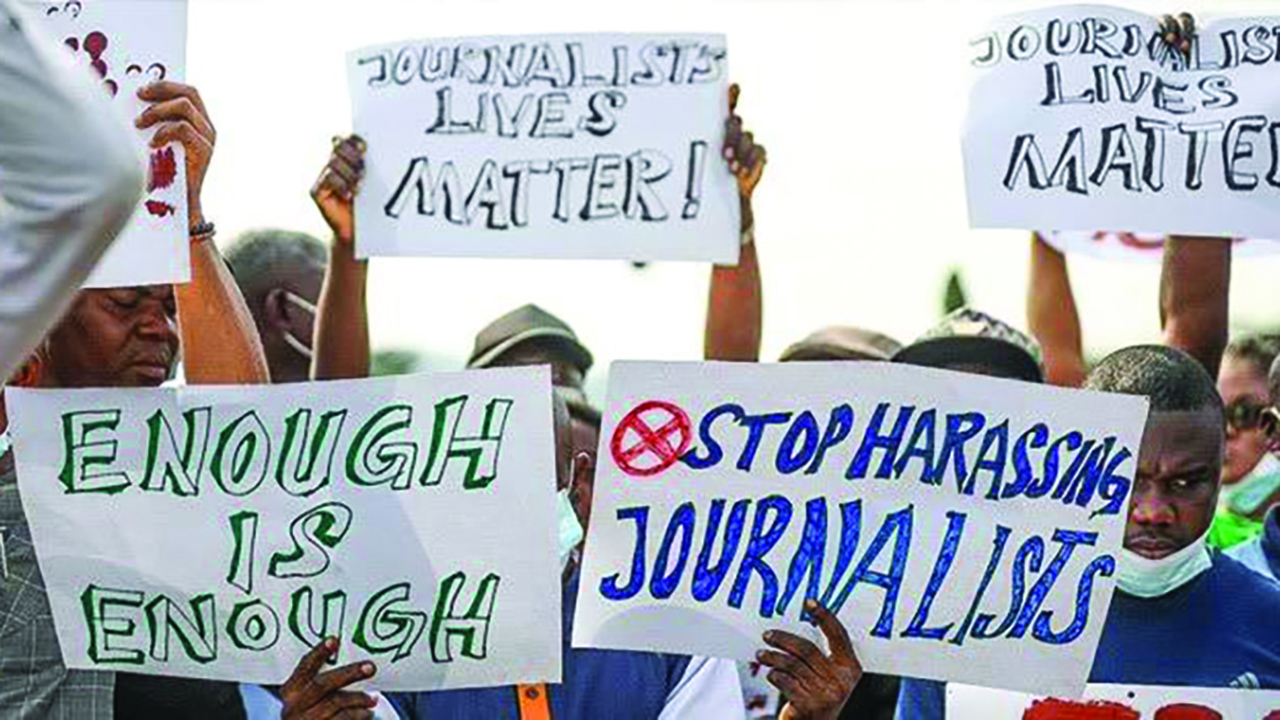
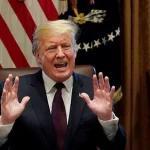

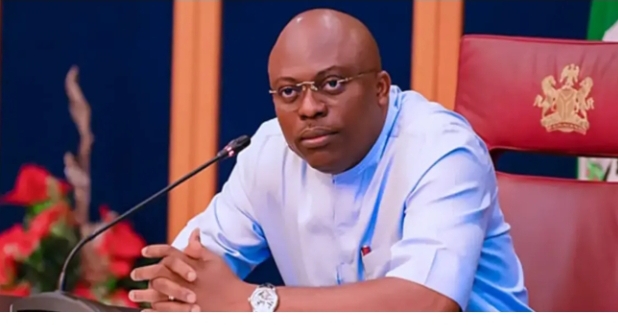


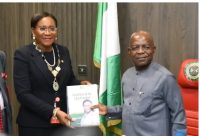

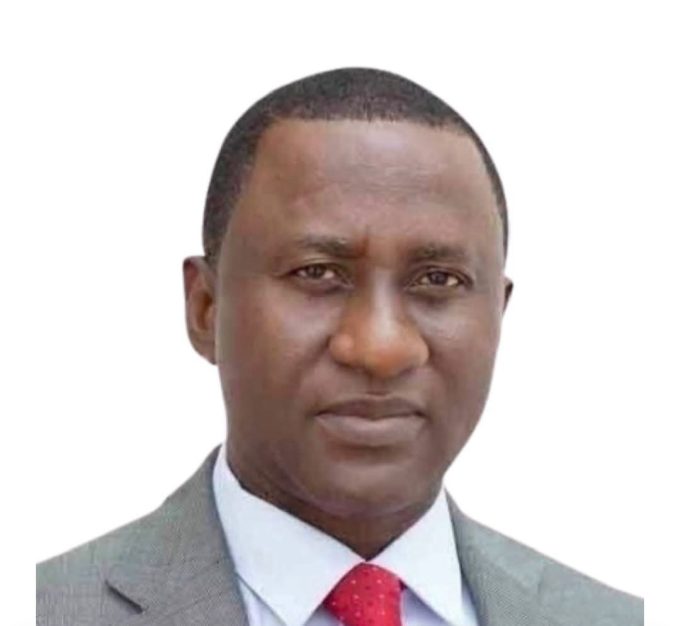
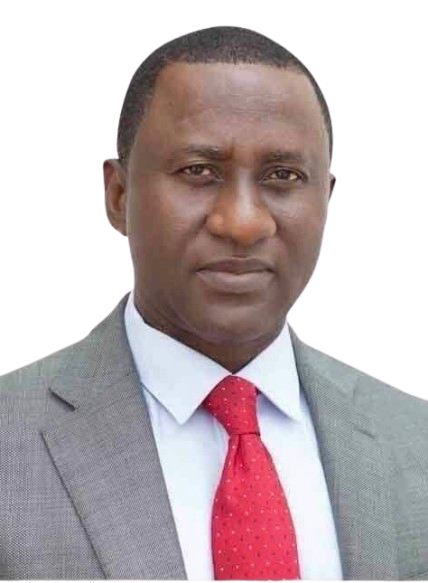
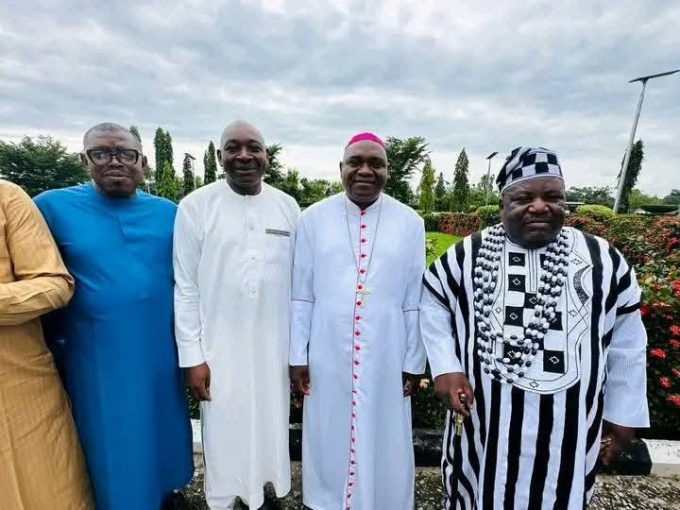
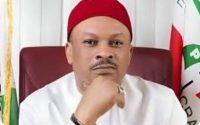

Leave a comment